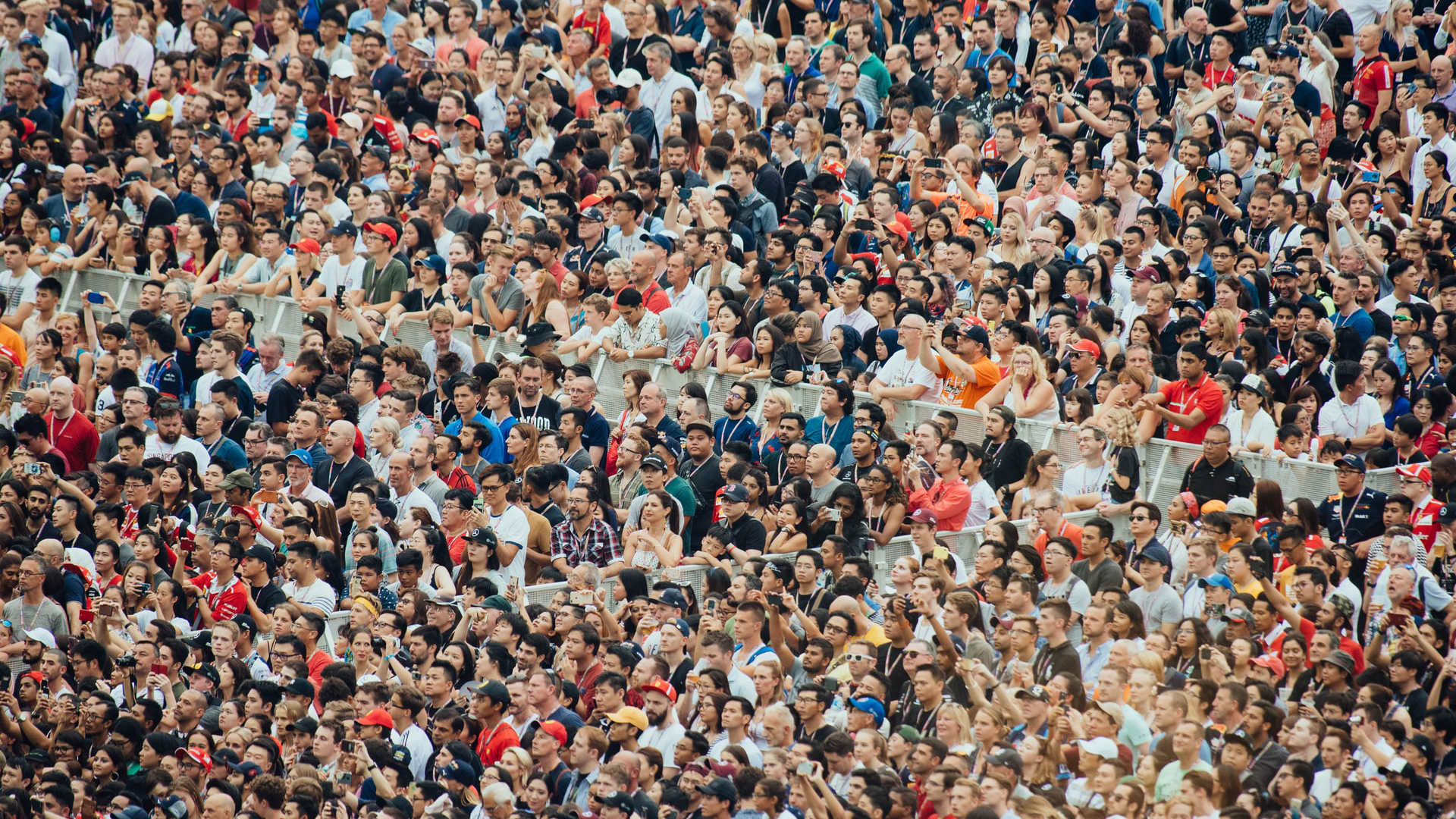Today, I’m comfortable with the computer, the smartphone, and the web as they exist in 2021, and I have the means to access them as I want. But what will happen when other connected things are the norm?
This article is from the weekly Règle30 newsletter. We publish the December 8, 2021 issue exceptionally to help you discover the topics covered by Lucie Ronfaut. To receive it every Wednesday, sign up for free on this page.
My grandfather has never been online in his life. He had a cell phone, with keys so thick that they clicked loudly when pressed. When he called someone, it sounded like music: clicclicclic. But my grandfather did not have a smartphone or a computer. Sometimes I have the reaction to write his name in my mailbox, to search for memories, and only find messages about the organization of his funeral.
At the end of November, the International Telecommunication Union (ITU), an agency of the United Nations, published a report on online uses around the world, particularly in the context of the COVID-19 health crisis. It is estimated that the number of people connected to the Internet has increased to 4.9 billion Internet users. But we also know that nearly 2.9 billion people have never used the Internet. This represents approximately 37% of the world’s population. You can read a summary of this report at Nomirama, here.

This study shocked me, because it seriously underestimated the proportion of disconnected people in the world. I imagine this is a classic mistake on the part of someone, like me, who grew up in a developed country and had access to digital very early on. Moreover, the ITU report identifies that these disparities relate specifically to so-called “developing” countries, where 96% of the unconnected reside. It becomes more obvious if you are a woman (4 out of 5 women in the least developed countries have never used the Internet) or in a rural area. On the other hand, if rich countries are included in this average, this gap is reduced: 62% of men use the Internet in the world, compared to 57% of women.
Article 30 is devoted to issues of digital inclusion. I think the web and new technologies belong to everyone. But obviously not everyone is on the Internet. This is true in less affluent countries, but it is also true in France in another way. In early October, the grassroots group Securus called on the government to curb the rampant digitization of public services, which is alienating many people. In fact, there is a double problem: the equipment problem (no computer at home, the smartphone is too old to run certain apps, the connection is too slow, etc.) and that of electronic devices, people who don’t care much. Comfortable with digital work.
“There is not one divide, but there are digital divides”
Here, too, clichés are stubborn. We tend to think that people who are unable to use new technologies are old people (like my grandfather). The reality is more complex. Like this article from Globalism Posted in September. “There is not a single, but numerical, gap with a variable geometry by age, region, and social class.”Sociologist Jean-Francois Lucas explains. One can use the smartphone every day, but cannot navigate on the PC. Or become a pro in professional software, without the benefit of IT in your life outside of work. After all, being away from digital matters.
Today, I’m comfortable with the computer, the smartphone, and the web as they exist in 2021, and I have the means to access them as I want. But what will happen when other connected things are the norm? When my fingers can’t remember the new gestures (swipe/double-tap/tweak/etc) necessary to browse the internet? What if you lose financial stability?
These digital inequalities are set to get worse, as technologies are constantly evolving and, paradoxically, their increasingly refined interfaces make learning more difficult. ” It is not just a matter of individual skills (…). Many systems are unreadable. Sometimes we’d rather have someone 15 minutes in front of you than waste hours online«, Researcher Erin Regnold on Twitter, rightly so. Article from Globalism It ends with a call to include more digitally remote people in the design of websites and other online applications. This idea is necessary. Because building a fairer Internet means, first and foremost, thinking about those who don’t exist.

“Certified gamer. Problem solver. Internet enthusiast. Twitter scholar. Infuriatingly humble alcohol geek. Tv guru.”





